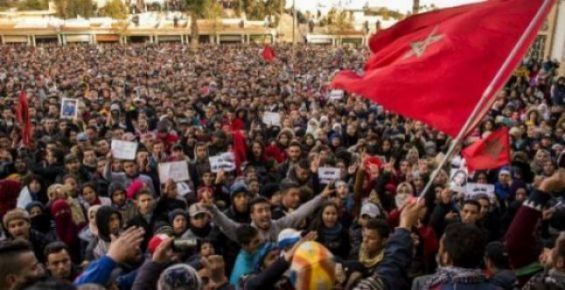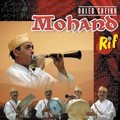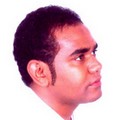In 2020, Morocco «cracked down harder on social media commentators, artists, and journalists critical of the monarchy», Human Rights Watch said on Wednesday.
In its annual report on the human rights situation in Morocco, the international NGO said that before protests and public meetings were prohibited to contain the spread of the Covid-19 virus, «authorities had already banned several public meetings of opposition groups and continued to impede the activities of some human rights groups. Laws restricting individual freedoms remained in effect».
According to HRW, Morocco would have arrested, prosecuted and jailed several activists and independent journalists «on questionable charges, including sex outside of wedlock. Some of these trials appeared to be politically motivated or failed to guarantee due process for all parties».
Allegations of attacks on freedom of expression and assembly
The NGO refers to the case of journalist Omar Radi «was arrested under a string of accusations including espionage, harming external and internal state security, public drunkenness, and tax evasion». «The two first charges, which stem from his work as a journalist and researcher, appear to be based on slim evidence», the NGO added.
The report mentions the collective of 110 Moroccan journalists, who denounced a handful of news websites that they called «slander media». It also mentioned the arrest, between September 2019 and January 2020, of at least 10 activists, artists, students or other citizens, for «or their nonviolent, critical commentary on authorities via Facebook posts, YouTube videos, and rap songs».
The international NGO also criticized the alleged absence of a lawyer during the questioning of detainees by the police or when the latter would present them with their statement to sign, as well as the 23 hours' incommunicado custody of certain renowned detainees, like the Belgian-Moroccan Abdelqader Belliraj, prosecuted in a terrorism case.
The report mentioned «attacks on freedom of association and assembly» that would have affected the Moroccan Association for Human Rights (AMDH). «As of September 2020, 79 of its 99 local branches faced a situation where authorities had declined to process their administrative formalities, impeding their ability to carry out functions like opening new bank accounts or renting space», it recalls.
Individual freedoms and the situation in the Sahara
HRW also speaks of violations of women's rights, as well as those related to privacy and sexual orientation. It mentions, in this sense, the campaign of «outing» and online harassment targeting presumed homosexual and bisexual men, last April and the government's silence to the memorandum of the National Council of Human Rights (CNDH), recommending the decriminalization of consensual sexual relations between unmarried adults.
As to the human rights situation in the Sahara, the report alleges that «Moroccan authorities systematically prevent gatherings in the Western Sahara supporting Sahrawi self-determination, obstruct the work of some local human rights nongovernmental organizations, including by blocking their legal registration, and on occasion beat activists and journalists in their custody and on the streets».
The report also underline the opening, by the King's prosecutor in Laâyoune, of an investigation following the creation of «Sahrawi Organ against Moroccan Occupation», on the basis of «activities (aiming at) harming the Kingdom’s territorial integrity». HRW also evokes the case of pro-Polisario separatist Walid El Batal, sentenced in October 2019 to two years in prison for «rebellion» and insults towards police officers.





 chargement...
chargement...













